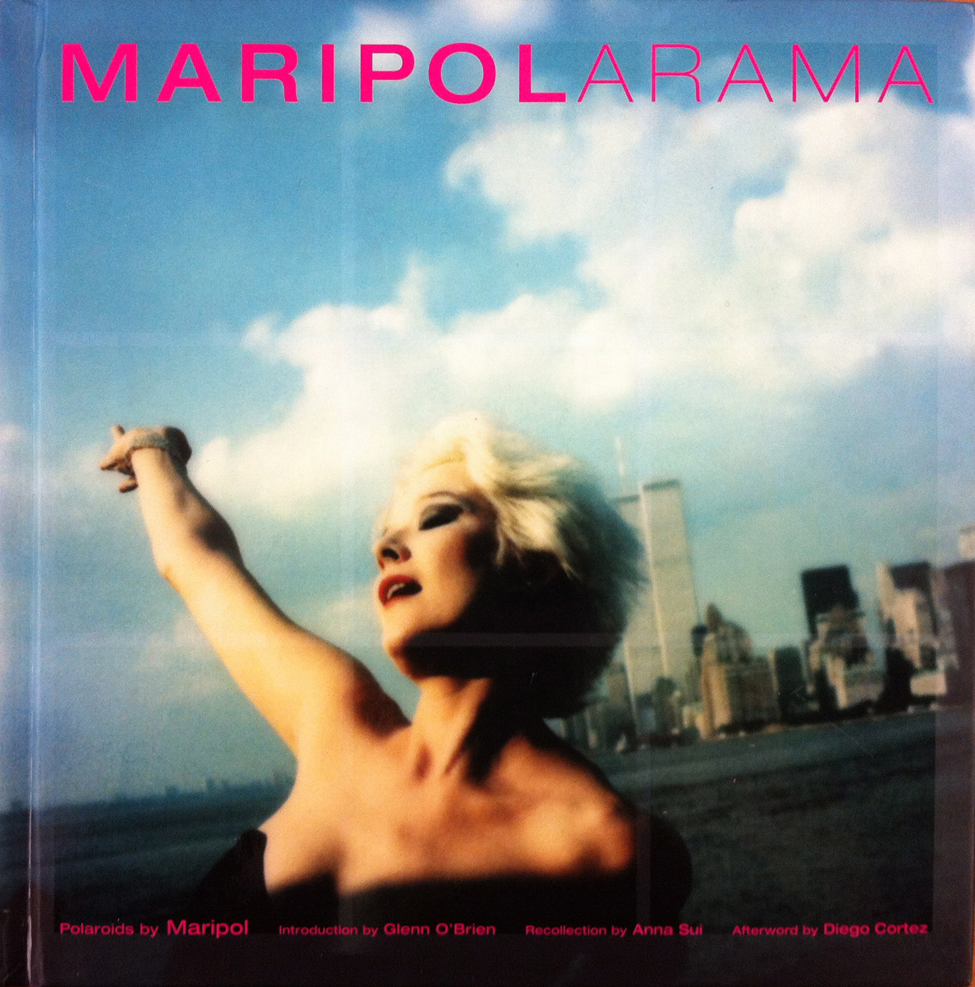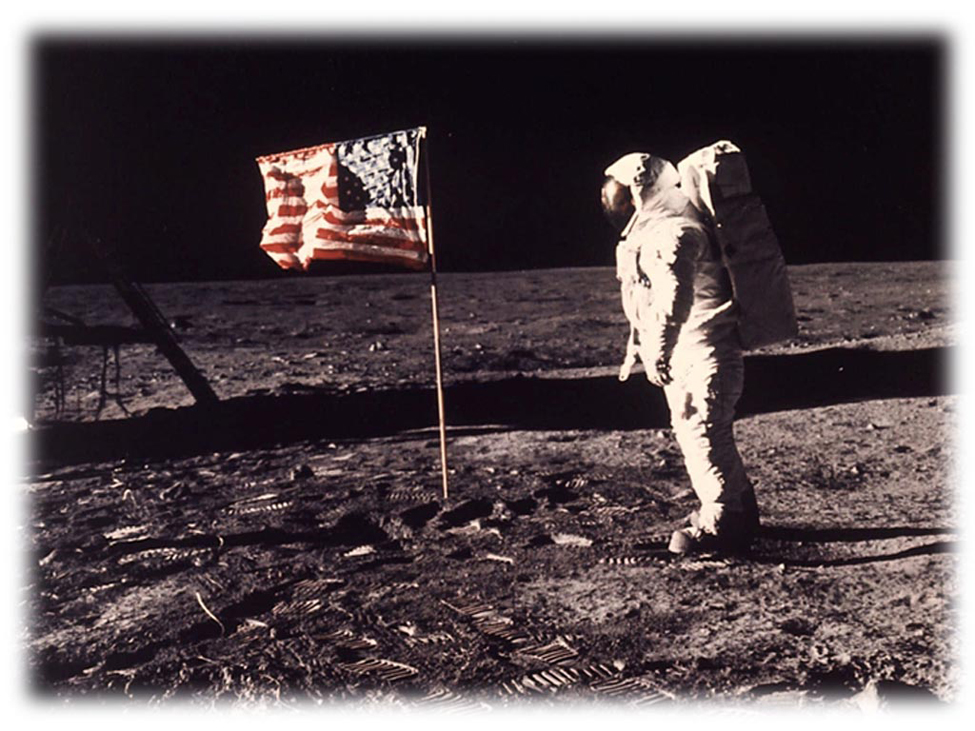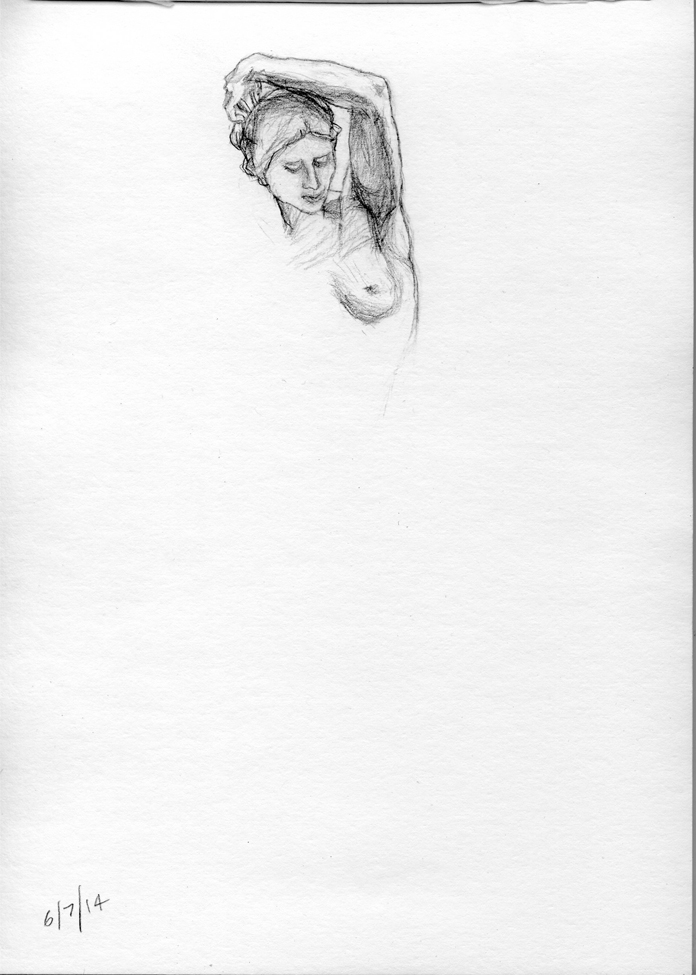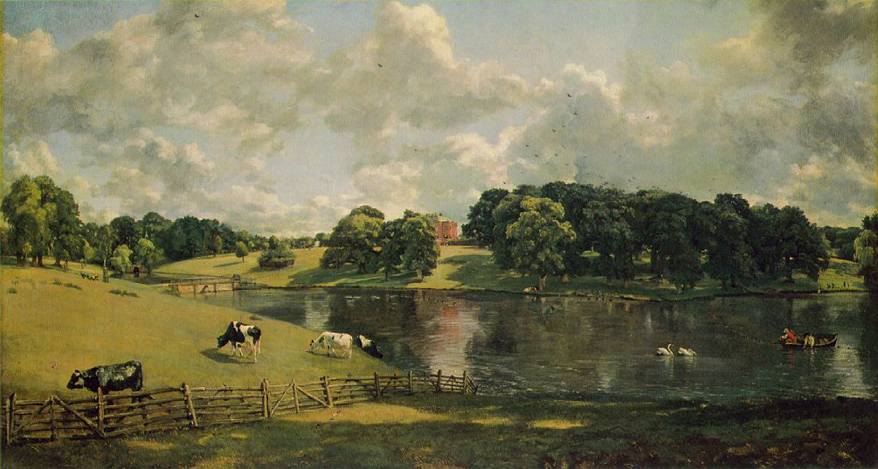XLV
If you and I decide that something signifies, that it has a value upon which we agree, have we not adopted, in that moment, a sovereign currency?
Jin Shengtan, a seventeenth century theorist speaks of “meandering concatenation” by which the theme of a literary work gradually appears. He analyses an eighth century poem by Du Fu, “The Jade Flower Palace,” concerning a ruined temple. It’s opening lines run:
At the bend in the stream – the wind in the pines [stretches] far,
Rats slip by – [under] ancient tiles.
I know not what king owns this temple…
The reader is led along a “natural” concatenation that, image by image, sensitizes one to the state of abandonment. A less skillful poet, Jin concludes, would have described the temple in the first line “by exclamation.” (Jullien, Detour and Access)
Tierra del fuggedaboudit.
Any attempt at overdetermination of meaning forecloses the process from which meaning emerges. If meaning cannot potentiate, it withers. If meaning becomes stuck it turns necrotic. And thus the fine, and at times ineffable line between health and sickness, culture and madness.
Eager for meaning, we act, or react. Ah, now we can impose a meaning!
Instead of looking for “the thing itself” or “man himself” (the quest for in itselfness), instead of imposing on our senses the “undeniable spectacle,” (as a function of the fundamental association of persuasion and truth, as European painting of the same epoch tends to do, Chinese painting, by means of detour, makes its subject evasive. Not treated specifically in any place, the subject subtly invades the scene.
This manner of painting alongside a subject was summed up in a formulation that has since become current in the language of painters and from there has passed into literary criticism: “painting the clouds to evoke the moon.”
…The variation engendered by detour indeed unveils a world, but it is not another world: it unveils this world – the only world – which has now become inexhaustible. [Jullien, Detour and Access]
What if there were no thing itself?
O brave new void,
That hath such promise in’t.
The whole spirit of the North has been to keep other people out. It’s not only been about keeping out black people, it’s been about keeping out everybody. The Mayflower [com]pact was itself a pact under which we were going to build our nice, little society to keep everybody out. So the first thing you know, you have Rhode Island, made up of refugees… The Northern identity is dependent on who you can keep out.
Sez Margaret Mead in A Rap on Race (with James Baldwin).
Epoch fail.
Graduation was very abrupt.
Suppose they gave a spectacle…
According to Merleau-Ponty: in classical oil painting, the painter “wants to be as convincing as the things [represented] himself. It is because he can only reach us the way they reach us, namely, by imposing upon our senses an unimpeachable spectacle.” [The Prose of the World, John O’Neil, trans. Evanston, IL: Northwestern University Press, 1973.]
Not long after which, Guy Debord proposed that: “The spectacle presents itself as something enormously positive, indisputable and inaccessible. It says nothing more than ‘that which appears is good, that which is good appears.’ The attitude which it demands in principle is passive acceptance which in fact it already obtained by its manner of appearing without reply, by its monopoly of appearance. [Society of the Spectacle, 12, Detroit: Black and Red, 1983]
Around which time, Poly Styrene, sixteen-year-old vocalist of the English punk band X-Ray Spex, was sing-shouting: I-dentity, it’s the crisis can’t ya see?!
When you look in the mirror
Do you see yourself?
Do you see yourself
On the t.v. screen?
Do you see yourself in the magazine?
When you see yourself
Does it make you scream?
When you look in the mirror
Do you smash it quick?
Do you take the glass
And slash your wrists?
Did you do it for fame?
Did you do it in a fit?
Did you do it before
You read about it?
Brings back home what never left.
Digital is theft.
About to wake up, I hear the morning bell,
It makes man – through unfolding – profoundly realize.
Wrote Du Fu in “A Visit to the Fengxian Temple in Longmen”
This gaining of awareness, Jin Shengtan notes, should not be understood in the strictly religious (Buddhist) sense of awakening, as has often been done. It corresponds more radically to the “Where am I?” that assails us certain mornings when the spirit has barely emerged from its confusion and one cannot remember where one is. “I am in the Fengxian temple,” the poet remembers as he hears the bell ringing. But he understands this profoundly; he realizes it. After the previous day’s visit has been distilled by the night, in the morning the poet finds reality in full flight (in unfolding): the landscape of the visit reappears (and the poem harks back to its title), but, because of the distance created, what the landscape contains proves inexhaustible… The poem, brought back to its title, has become fully allusive.
Jullien, Detour and Access, p. 360.
Plangential.
Get your ticket on the Central Line
Get off at Bond Street
And you’ll be flying high
Leave all the symbols
And the tired minds behind
[You’ll find ‘em all
Doing the lambent walk]
In Gilbert Street, W1.
When I went by the first train from Liverpool to Manchester (1830), I thought that the wheels ran in a groove. It was black night and there was such a vast crowd round the train at the station that we could not see the wheels. Then I made this line.
Said Tennyson, some twenty years after writing “Locksley Hall” about the source of his images:
Not in vain the distance beckons. Forward, forward let us range,
Let the great world spin for ever down the ringing grooves of change.
What’s the plan, gents?
Of course our fates are inseparably bound together. Unless it is convenient for them not to be.
Practice makes access.
Oy, Bubby Bubby, it’s a wild(e) world.
Or, as the undertaker said to the corpse: Have an ice day.
Remembrance, or discovery, of the true names of things:
Department of War
MaskBook®
Icon
These days people know the name of everything and the significance of nothing.
But it’s all good.
Minefieldness training begins the process of conflict resolution.
Has one ever systematically looked into the relationship between a poem and its title in Western poetry? In the Chinese tradition, as we see [in “A Visit to Fengxian Temple”], this relationship is fully exploited. The title of the poem, in noting precise circumstances, referentially and prosaically furnishes all the narrative elements, based on which the development of the poem, in drawing away from the title, can propose a poetic variation. The relationship between title and poem therefore constitutes a privileged device for engendering allusive distance. …Jing Shentang notes [that] the development of the poem “assists” the title by completing it.
Jullien, Ibid.
In what sense is the relationship between Chinese poem and title comparable to Western dialectic?
c.f. and q.v. Roland Barthes on image and caption in “The Photographic Message.”
And we approach, or have we passed?, the magical point, dreamed of so long in the West, pace Bruegel, pace Claude, pace Turner, Constable and Innes, pace Sargent, Grant Wood, Charlie Sheeler, ah, Wyeth, when we shall no longer have a landscape (we feel obligated) to paint.
The unitary word landscape, translates as mountains-water in Chinese.
I Was a Three-Letter Acronym for the F.B.I.
Ring them grooves.
In Du Fu’s poème affiche (sign poem) “Climbing the Tower on the Ramparts of Yanzhou, the narrator, from the summit, views nothing stable, nothing promising. “Clouds float” above the flat “moor.” All around lies neglected and abandoned.
“The whole poem,” wrote Jin Shentang nine hundred years later, “is a deploring of the present times; had the poet not used the pretext of ‘climbing up the tower,’ he could not have avoided too forceful a critique; this is why he cloaked the poem with this title.”
Its title, in short serves as a cover (but not the cover of allegory: this landscape does not signify something else; its perception – which is real – is discreetly inflected). The poem can unfold its critiques under cover, since it declares in advance that it will keep them implicit.
Detour and Access, pp. 362-363.
I don’t think there is any doubt that the domination of the white world over the rest of the world is a short accident of history…
I remember a friend of mind writing from Chunking in World War II, and he said “This is the last peace the white man is ever going to write, and he better make it good.”
Said Margaret Mead in A Rap on Race (with James Baldwin).
Brahms not bombs, yo!
Where do you live after your father has been sentenced to life imprisonment for corruption and bribery, and your mother received a suspended death sentence for poisoning a British businessman?
If you’re China’s most famous playboy, Bo Guagua, Manhattan, of course. He enrolled in Columbia Law School and was soon photographed out partying…
So runs the first graph of a Post story about a crop of ten new thousand-foot plus supertowers, “New Beijing: Who is going to fill these buildings? Rich Chinese,” which runs double-page under the banner“Reach for the Sky! The skyscraper revolution that will remake our skyline.”
Ah, for the fluid link.
And then there is “opposite” evocation.
In The Book of Songs, a soldier leaving for a far-off expedition climbs a mountain and turns toward his paternal home. He describes only what his father, mother and older brother must be saying about him and his long absence; he does not mention his own homesickness.
…In moving away from one’s own position, in expressing it through another’s position, one implies one’s own existence. This process comes neither from a desire for objectification nor from a game of mirrors but takes advantage of the distance that alone makes it possible to envision something.
Detour and Access, pp. 365-366.
This not that.
This or that.
This and that.
This-that.
East is West and West is East
And someday, baby, we gotta meet.
One thing cannot be conceived of without the other because the one is already the other; that is, it is latently present in it and necessarily refers back to it. Thus the said refers to the unsaid, the text to its context (the situation to which one refers or the intertext), just as the visible refers to the invisible to which it is correlated – and just as the world…is a permanent exchange between the latent and the manifest. The world oscillates between the poles of the implicit and the explicit… in parallel expression… each part of the paired expression is understood through the other. One must, as they say, “cross the text to see the meaning.” This is why a detour of meaning, for the Chinese, has nothing surreptitious about it, since when I say the one, the other is implies, and when I say the other, I make the listener think more deeply about the first. And this is where detour in itself gives access.
Detour and Access, pp. 376-377.
Mead: You see, I don’t think we can really make the old analogies about a particular civilization. I think what we are moving toward is world civilization, only it isn’t born yet.
Baldwin: Well, that’s the only hope the world has. But the difficulty with it is that it won’t be born without several midwives, some of which we have to create.
—Margaret Mead, James Baldwin, A Rap on Race. Philadelphia: J.P. Lippincott Company, 1971.
In 1972, the year after the above-quoted book was published and also in which U.S. abandoned the gold standard – thereby allowing the dollar to freely correlate with other currencies – our head of state visited China to formally initiate a process of economic interdependency.
Once the world, or even one aspect of it is seen as relational, it is very hard to think in partialities again. One must redouble one’s efforts to maintain, and enforce partialities in the face of a dynamic play of forces.
When Jullien speaks of an allusive distance, I somehow feel his (or his translator’s) use of the word does not carry anything close to the full meaning he intends, and may actually work to distort it. “Distance” feels very linear and measurable. It implies a cutting off of connection, or at any rate a removal of the subject to a “there.”
For example, one can easily quantify the distance between a photographer and her or his subject. But distance alone is not dispositive in our implication in, or detachment from, the world depicted, for there is a way in which focal length among host of variables acts to create a qualitative, pregnant space between viewer and viewed – one which operates in an entirely different register of sensibility than empirical distance (or nearness) can.
Have a look at Constable’s “Wivenhoe Park”:
Then at Zhao Mengfu’s “Twin Pines, Level Distance”:
If only the moon were closer – and had an atmosphere – we could continue to indulge our expansive tendencies. But now, for now, we must pour our energies into intensification.
In the classic Chinese formula, I show you the mulberry, but the target is the sophora.
Or, in Sun Tzu: Sacrifice the plum tree to preserve the peach tree.
The rain has just abated. Traffic thick on 34th Street. You gaze absently through the bus window and across the street. A young woman in standard summer office clothes walks purposefully west amidst the lunchtime crowd. Perched on her right hand, a large flapping crow, a raven. Double take: her still-unwrapped folding umbrella.
Writing is nothing but accounting with letters instead of numbers.
It always takes two generations to really lose something.
Said Margaret Mead in A Rap on Race.
Ah, the patois of Lilith’s feet.
And Lady Mondogreen.






